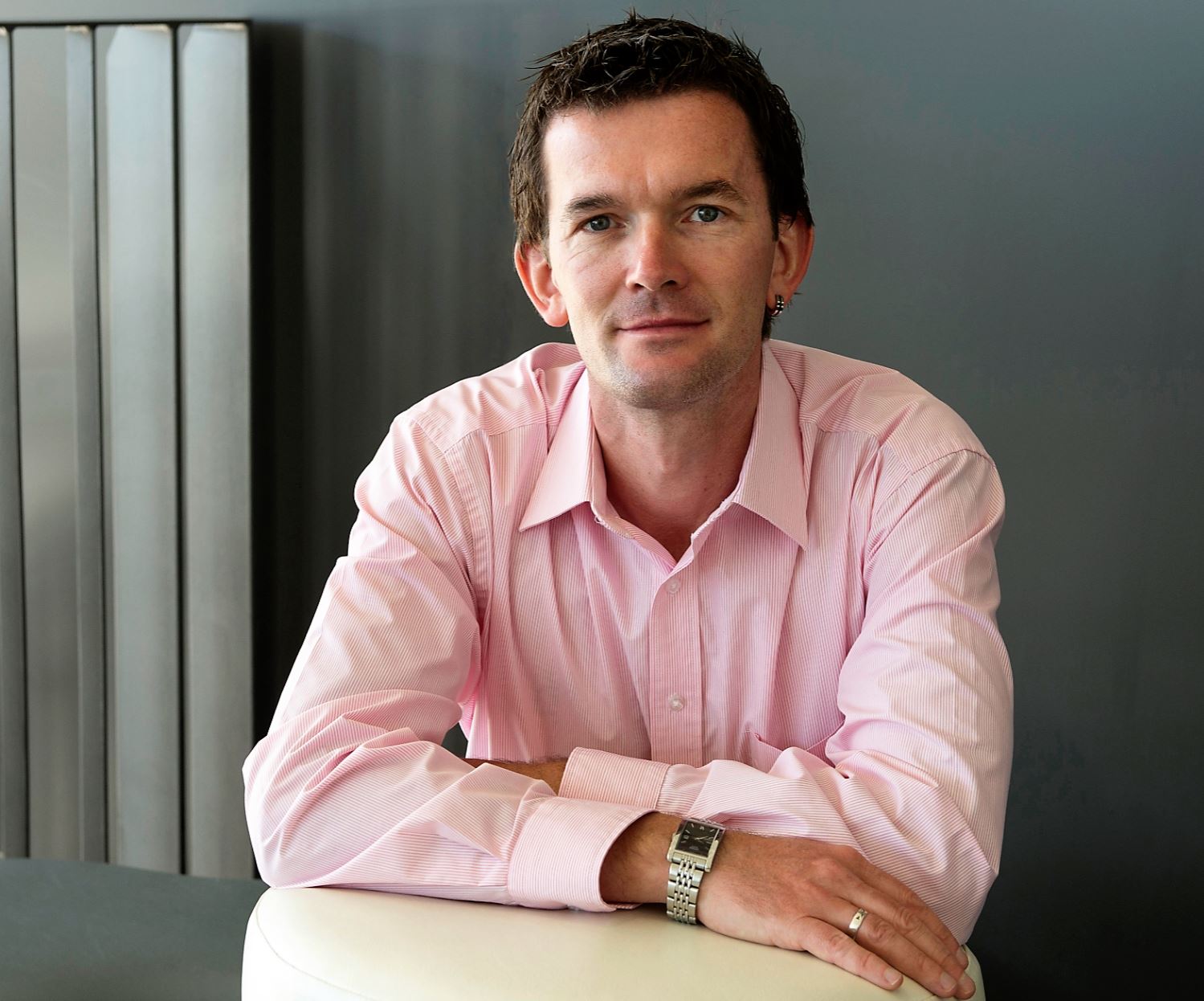
A new approach to support long-term smokers to quit will be trialled in Adelaide this year, building on a decade of research into finding solutions to tobacco addiction.
The Flinders-led program, funded by Cancer Australia, will focus on low socio-economic status (SES) areas where smoking rates have not decreasing as they have in other parts of society.
With the high cost of cigarettes affecting low income earners more than others, Flinders University researchers have developed an evidence-based solution for those in the community who require extra help.
Community-led peer support groups, using 'mindfulness' and other behavioural interventions to build resilience, will work with smokers for up to six months in full randomised, controlled clinical trials across metropolitan Adelaide.
The results will help inform future programs to 'break the cycle'.
"This will be the world's first study to test the effectiveness of the resilience interventions on smoking cessation in low SES groups," says project leader and sociologist Professor Paul Ward from Flinders University.
Smoking continues to be stubbornly and significantly more prevalent in lower compared to higher socio-economic areas, despite long-running efforts to reduce this inequity, he says.
"Our previous research has established a number of strategies that are most feasible in breaking bad habits to help people most at risk to quit. Now we're going to measure the success of these methods in a real-world situation."

Addiction to smoking is fuelled and perpetrated by complex and interwoven social, economic, emotional and psychological factors, he says, pointing to higher levels among prisoners, Aboriginal and Torres Strait Islander people and those diagnosed with mental health issues as examples.
The federal Cancer Australia 'Priority-driven Collaborative Cancer Research Scheme' project, entitled Increasing resilience and reducing smoking for lower socio-economic groups, will receive more than $550,000 over three years.
A previous study ('Economic benefits of achieving realistic smoking cessation targets in Australia', 2008) estimated an 8% drop in smoking led to 58,000 fewer cases of disease, 2.2 million fewer lost working days, an increase in leisure time of 23,000 days, and a decrease in health sector costs of $500 million in Australia.
People can sign up for the SA trials when they are announced and promoted locally in coming weeks.
The Flinders University team, including SA mental health commissioner Professor Sharon Lawn, cancer expert Professor Carlene Wilson, and researchers including Dr George Tsourtos, Dr Emma Miller and Kristin Foley, recently published another paper on the quit smoking research work, which also was recently awarded a Flinders Foundation grant to support the work in lower socio-economic groups.
The article, 'Using a nominal group technique to approach consensus on a resilience intervention for smoking cessation in a lower socioeconomic population' (November 2019) by G Tsourtos, K Foley, P Ward, E Miller, C Wilson, C Barton and S Lawn, has been published in BMC Public Health (Springer Nature), Vol 19, Article 1577 DOI: 10.1186/s12889-019-7939-y https://doi.org/10.1186/s12889-019-7939-y
The research has also received Australian Government NHMRC and ARC funding.






